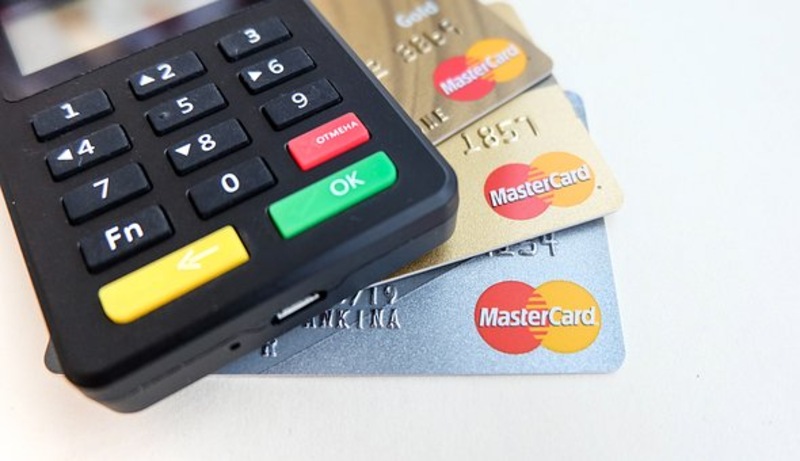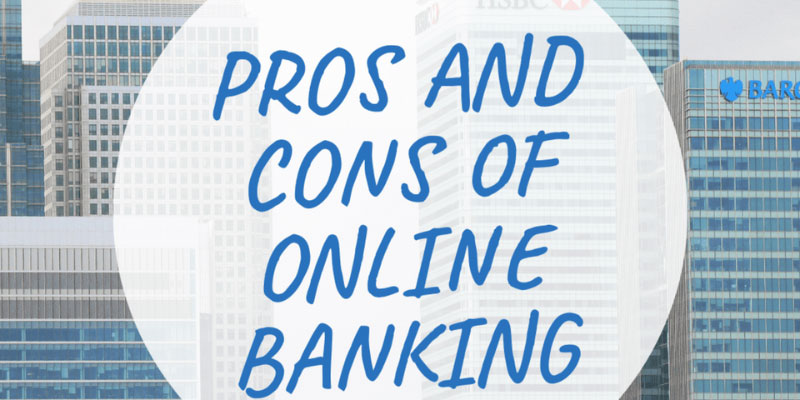If you've ever seen a commercial bank in your hometown or heard about their services, you might have wondered what makes them so different from other banks. Commercial banks are the cornerstone of our financial system and are essential in helping us manage our money. To better understand how they work, let's take a closer look at what they are, their role in the economy, and some of the services they offer customers.
Definition of a Commercial Bank
A commercial bank is a financial institution licensed and regulated by the government to provide banking services to customers. They provide checking, savings, loans, credit cards, mortgages, and other financial services. Commercial banks are traditional brick-and-mortar establishments that you can find in most cities and towns worldwide.
Role of a Commercial Bank in the Economy

Commercial banks play an essential economic role as they manage our money. They help individuals, businesses, and governments with their transactions, such as
● making deposits or withdrawals from accounts
● processing payments
● offering lending products like loans and mortgages
● Provide foreign exchange currency services
● investing funds on behalf of clients
● issuing debit or credit cards; and more.
Services Offered by Commercial Banks
Commercial banks offer their customers a wide range of services, including personal banking, business banking, and government-related banking services. Personal banking services typically involve providing checking and savings accounts, credit cards, loans, mortgages, investments, and other financial products.
Business banking is designed for larger businesses and organizations that require more sophisticated financial services, such as lines of credit or specialized loans. Governments often rely on commercial banks for treasury management services, including cash flow forecasting and interest rate hedging.
Functions and Responsibilities of a Commercial Bank
The primary responsibility of a commercial bank is to manage its customer's money to generate profits for the bank. They are also responsible for maintaining appropriate levels of liquidity and capital, monitoring credit risk, and providing financial services such as loan origination. In addition, commercial banks also have a responsibility to comply with applicable laws and regulations.
Regulations on Commercial Banks
Commercial banks are heavily regulated by government agencies such as
● the Federal Reserve
● FDIC and other state and local regulators.
These regulations ensure commercial banks operate safely and soundly while protecting their customers' interests. Banks must maintain adequate reserves, comply with consumer protection laws, and adhere to anti-money laundering rules.
Benefits of Using a Commercial Bank
Commercial banks offer a wide range of services and products to their customers. They provide convenience, safety, financial stability, and access to various banking services. Using a commercial bank can save time by having all your finances in one place and having peace of mind knowing that your money is safe and secure.
Commercial banks play an important role in the economy by managing our money and providing essential financial services that help us manage our finances. Whether you're looking for an everyday checking account or need help with investments, commercial banks are there to help you achieve your goals.
Risks Associated with Using a Commercial Bank

Although commercial banks are heavily regulated and provide a safe place to store your money, there are still risks associated with using one. These risks include
● the potential for fraud or theft
● loan defaults
● financial instability due to economic conditions.
It's essential to research any bank you're considering working with before entrusting them with your finances. Additionally, ensure you understand the fees associated with any services they offer and how their interest rates compare to other institutions. Taking these precautions ensures you get the most out of your banking experience.
Examples of Popular Commercial Banks in the US
There are several large commercial banks in the United States, including
● Bank of America
● Wells Fargo
● Citibank
● JPMorgan Chase.
Each bank provides various services and products, such as checking accounts, savings accounts, credit cards, loans and mortgages, investments, insurance policies, and more.
No matter which bank you choose for your banking needs, it's essential to research and ensure that they offer the services and products that best fit your needs.
How to Choose the Right Commercial Bank for Your Needs?
When choosing a commercial bank, there are several factors to consider. You should look for one with
● competitive fees
● good customer service
● banking options that meet your needs.
You should ensure they offer the products and services you need, such as online banking or mobile banking apps. Make sure to research their security measures to protect your financial information. Ultimately, choose a commercial bank that fits your budget and provides all your required services.
Conclusion
Commercial banks provide essential financial services that can help manage our finances, create business opportunities and support our economy. They offer convenience, safety, stability, and access to various products and services. However, it's essential to research before entrusting them with your finances and choosing one that fits your needs.
FAQs
Q: What is a commercial bank?
A: A commercial bank is a financial institution that provides banking services to customers, including deposits, loans, and investments. They are heavily regulated to ensure the safety and security of their customers' funds.
Q: What types of services do commercial banks offer?
A: Commercial banks offer various products and services, such as checking accounts, savings accounts, credit cards, loans and mortgages, investments, insurance policies, etc. Each bank may provide different benefits, so it's important to research which best meets your needs.
Q: Why use a commercial bank?
A: Commercial banks offer convenience, safety, stability, and access to various banking services. Using a commercial bank, customers can securely store their money, take out loans and make investments.



